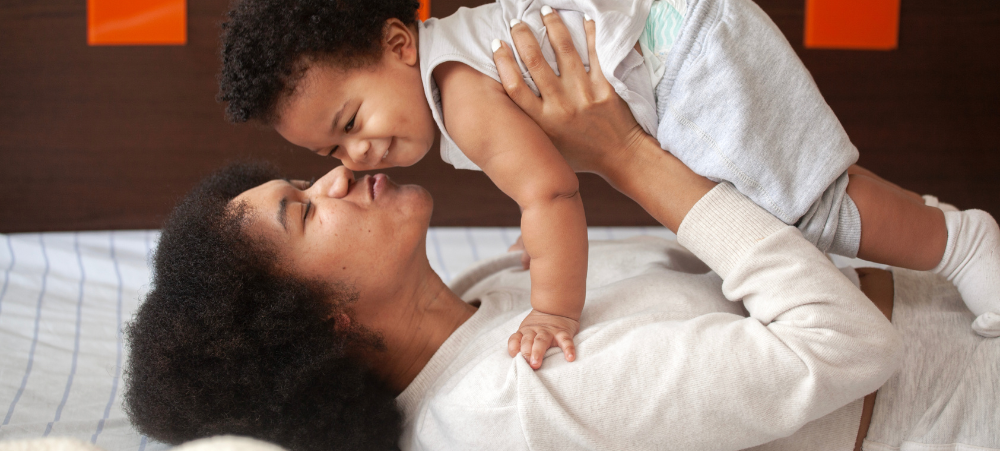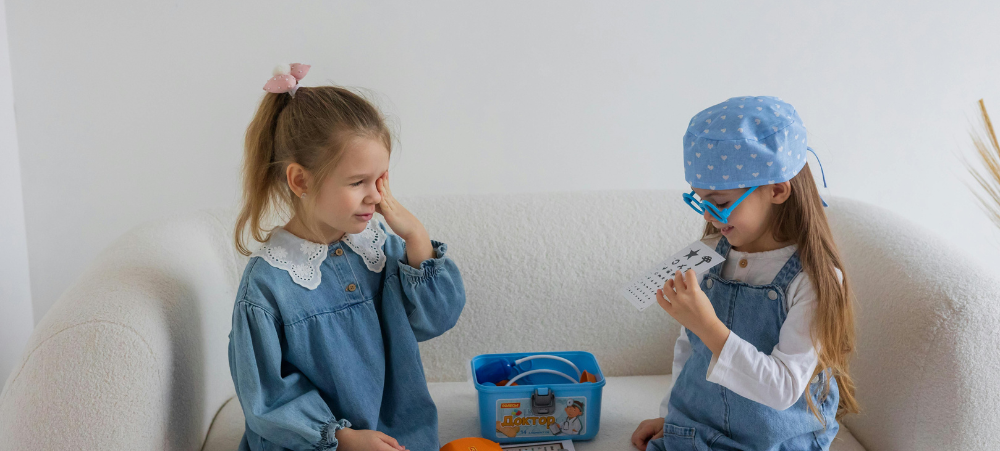
10 Surprising Uses for Nipple Cream That Moms Swear By
Think nipple cream is only for breastfeeding moms? Think again. Across South Africa, women (and even some men) are discovering that the humble little tube hiding in the baby aisle is actually a multi-purpose lifesaver. The magic ingredient? Lanolin — a natural wax derived from sheep’s wool that locks in moisture and helps skin heal. It’s the powerhouse behind many trusted nipple creams. “South Africans love a product that can do more than one job,” says Karen Van Rensburg, spokesperson for Sanosan South Africa. “Lanolin is one of those ingredients that’s stood the test of time because it’s safe, gentle, and surprisingly versatile. Moms swear by it long after the breastfeeding chapter ends.” So, what else can you do with lanolin nipple cream besides soothing sore nursing nipples? Here are 10 surprising uses that might just make you toss a tube into every handbag, nappy bag, and bathroom drawer. 1. Dry, Cracked Lips Move over lip balm — lanolin is richer and longer lasting. A tiny dab keeps lips soft and flake-free, even in the Highveld’s dry winters, or the Cape’s windy summers. 2. Nappy Rash Relief Gentle enough for a newborn’s skin, lanolin helps soothe redness and creates a protective barrier against wet nappies. 3. Cuticle & Hand Rescue Massage a bit into ragged cuticles or dry hands before bed and wake up with salon-soft results. 4. Stretch Mark Support Regular use can help keep skin supple during pregnancy or weight changes — a must-have for moms-to-be. 5. Cracked Heel Fix Tired feet? Apply before slipping on socks at night. By morning, heels feel noticeably smoother. 6. Sunburn Soother That unexpected Cape Town beach day burn? Lanolin locks in hydration to calm the sting. 7. Chafing Relief Runners, cyclists and gym-goers use lanolin to prevent friction and soothe irritated skin. 8. Eyebrow & Flyaway Tamer A smidge brushed through brows or hair smooths down unruly strands without stiffness. 9. Minor Skin Irritations From windburn on your cheeks to those rough patches on elbows, lanolin helps restore skin’s moisture barrier. 10. Makeup Hack Many makeup artists use lanolin as a dewy highlighter on cheekbones or to revive dry mascara in a pinch. Lanolin is especially loved because it’s gentle, natural, and safe for even the most delicate skin. Unlike many multi-purpose balms, it’s also fragrance-free and hypoallergenic — meaning the whole family can use it. “It’s the ultimate multi-tasker in a tube,” says Van Rensburg. “Once you start experimenting with it, you realise there’s almost nothing it can’t do.” Sanosan Mama Nipple Salve contains just 100% pure, natural Lanolin, without parabens or fragrances. Dermatologically tested, it’s safe for both mom and baby, with no need to rinse before feeding. Available from Clicks Baby and Online stores, takealot.com, Makro Online and medhealthsup.com Sanosan focuses on natural ingredients and gentle formulas for healthy skin. Using active ingredients specially tailored to your baby’s skin, natural milk protein is the central ingredient in Sanosan and is especially nourishing. More than 90 % of the ingredients are of natural origin such as organic olive oil, and the formulations are biodegradable. Safety first: all products are clinically tested and are free from parabens, silicones, paraffins, SLS / SLES and phenoxyethanol. For more info visit sanosan.co.za







